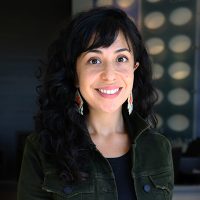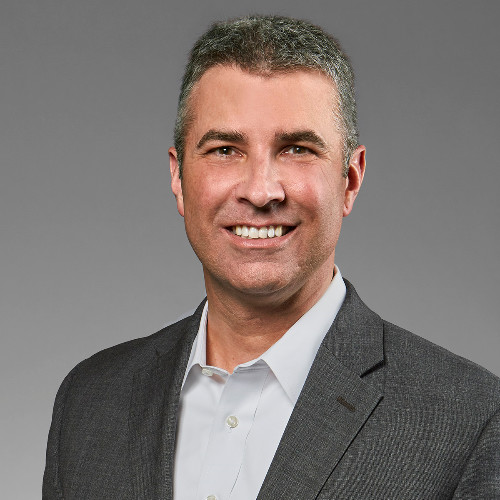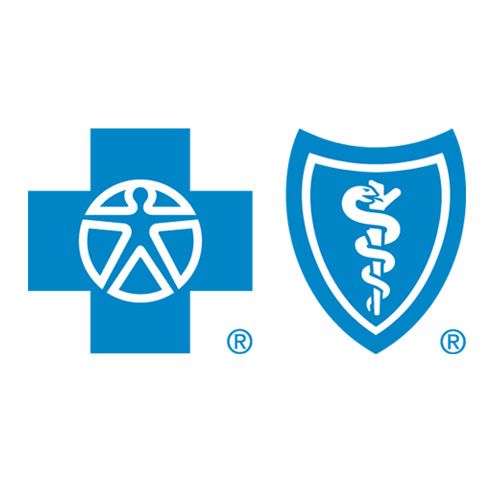ThreeSixty Journalism students report on racism as a public health crisis
August 24, 2021In July, ThreeSixty Journalism and the Center for Prevention at Blue Cross and Blue Shield of Minnesota hosted their fourth annual TV broadcast camp for high school students.
The one-week camp gives diverse students from across the Twin Cities a chance to learn the ins and outs of TV broadcasting from some of the industry’s leading professionals, develop their skills as journalists and explore topics related to health equity. The camp aims to empower the next generation of storytellers and change the dominant narrative on health.
The theme of this year’s camp was “Racism as a Public Health Crisis.” Students reported on a variety of topics related to the generational impacts of racism on community health and community-led solutions to health inequities.
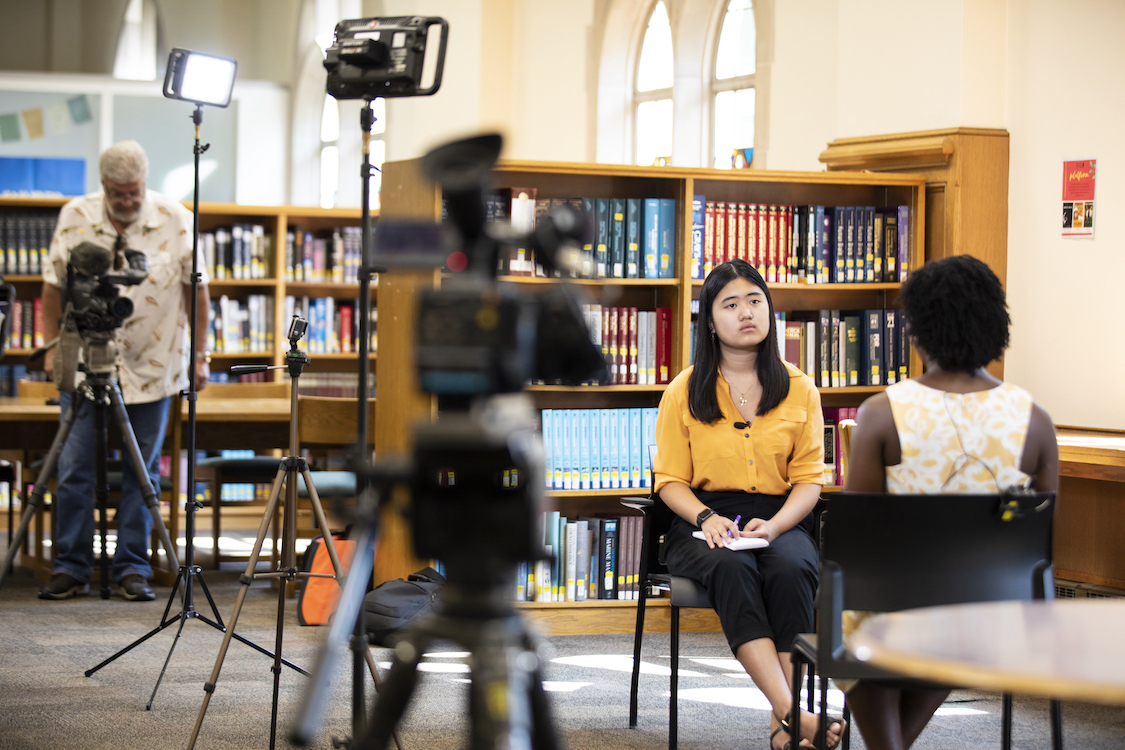
All too often, people, institutions and media still look at race—and not racism— as the cause of health inequities. There is no biological basis to health inequities. Racism, not race, is a root cause of health inequities. Racism keeps Black, Indigenous and people of color (BIPOC) from having access to healthy foods, quality health care and affordable housing in their communities.
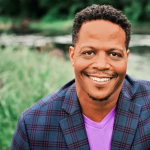 “We cannot succeed in closing racial health inequities in Minnesota without changing the dominant narrative on health for our Black, Indigenous, Latino, Asian Pacific Islander and other communities of color,” said Bukata Hayes, vice president of racial and health equity at Blue Cross.
“We cannot succeed in closing racial health inequities in Minnesota without changing the dominant narrative on health for our Black, Indigenous, Latino, Asian Pacific Islander and other communities of color,” said Bukata Hayes, vice president of racial and health equity at Blue Cross.
“We’re humbled to work with such talented young journalists to illuminate how racism directly impacts health, while giving them the experiences to lead the next generation in liberatory and equitable storytelling.”
Representation and narrative matter
Representation matters, and all too often, false narratives and implicit bias influence how media portrays BIPOC communities. The power of narrative can be invisible and easily overlooked. Yet it ensures that gaps in health for communities facing the greatest inequities persist. Dominant narratives impact and reinforce policies and systems that can perpetrate structural racism and result in continued health inequities for marginalized communities.
Blue Cross believes that addressing the implicit bias in reporting and increasing positive and accurate representations of BIPOC communities in mainstream media is integral to health equity. In addition, BIPOC communities need pathways to share their own stories.
Television newsrooms remain among the least diverse workplaces in our country and this has profound ramifications for communities of color.
A 2018 analysis conducted by the Pew Research Center found that approximately three-quarters of newsroom employees are white, compared with about two-thirds of all U.S. workers. In addition, white men make up about half of newsroom staff, compared with about a third of the overall workforce.
Amplifying youth voices
ThreeSixty helps to prepare students with skills and knowledge to succeed in high school, college and beyond by provide a unique opportunity to develop their confidence, find their voice and report on health equity issues that matter most to them.
Generation Z is the most racially and ethnically diverse generation ever and is proving to be extremely engaged in addressing some of the most pressing social issues of our time, such as climate change and racial justice. Young people deserve to have their voices and options shared and represented in mainstream media.
“I think it’s important to uplift the voices of youth in media and news because we have been ignored for too often. Older generations generally look down on us and think that we won’t understand whatever it is that’s going on. But sometimes we understand the situation better than others,” says Ariana Yasmin, a ThreeSixty student. “[Youth can also bring] a refreshing perspective, especially as the times change.”
“I think it’s important to uplift the voices of youth in media and news because we have been ignored for too often.
“Youth are influenced by the media, consistently contribute to the media and create media content of their own,” adds Kennedy Rance, also a ThreeSixty student. “Youth deserve their voice to be heard and respected for their contribution to the media.”
“Youth deserve their voice to be heard and respected for their contribution to the media.”
Through the collaboration with ThreeSixty, Blue Cross is working to empower the next generation of journalists, change the dominant narrative on health and create a heathier future for generations yet to come.
2021 student stories
Find the 2020 stories on the ThreeSixty website and as covered by local media outlets:
- Star Tribune | Student reporters tackle racial health equity at TV camp
- KARE 11 | Aspiring journalists report on racial health equity for ThreeSixty Journalism TV camp
- CCX Media | BROOKLYN PARK STUDENT LEARNS HOW TO REPORT THE NEWS
- Twin Cities Public Television (TPT) | ThreeSixty Journalism reporter Kennedy Rance looks at intergenerational trauma

